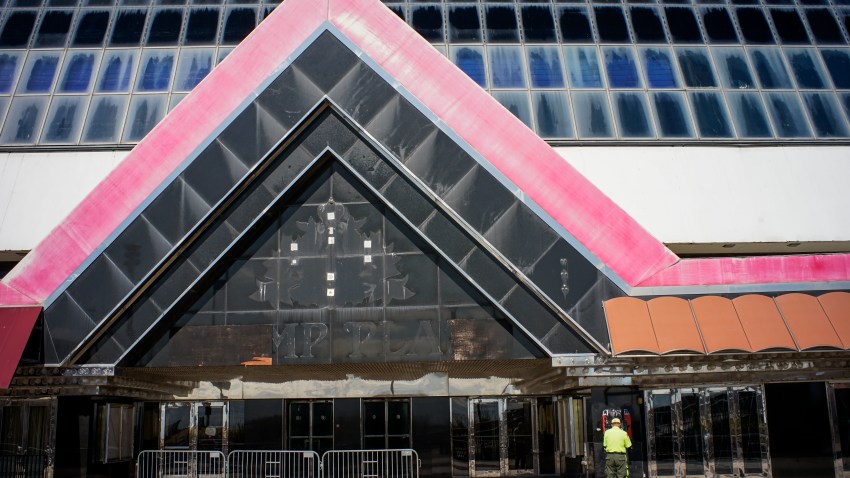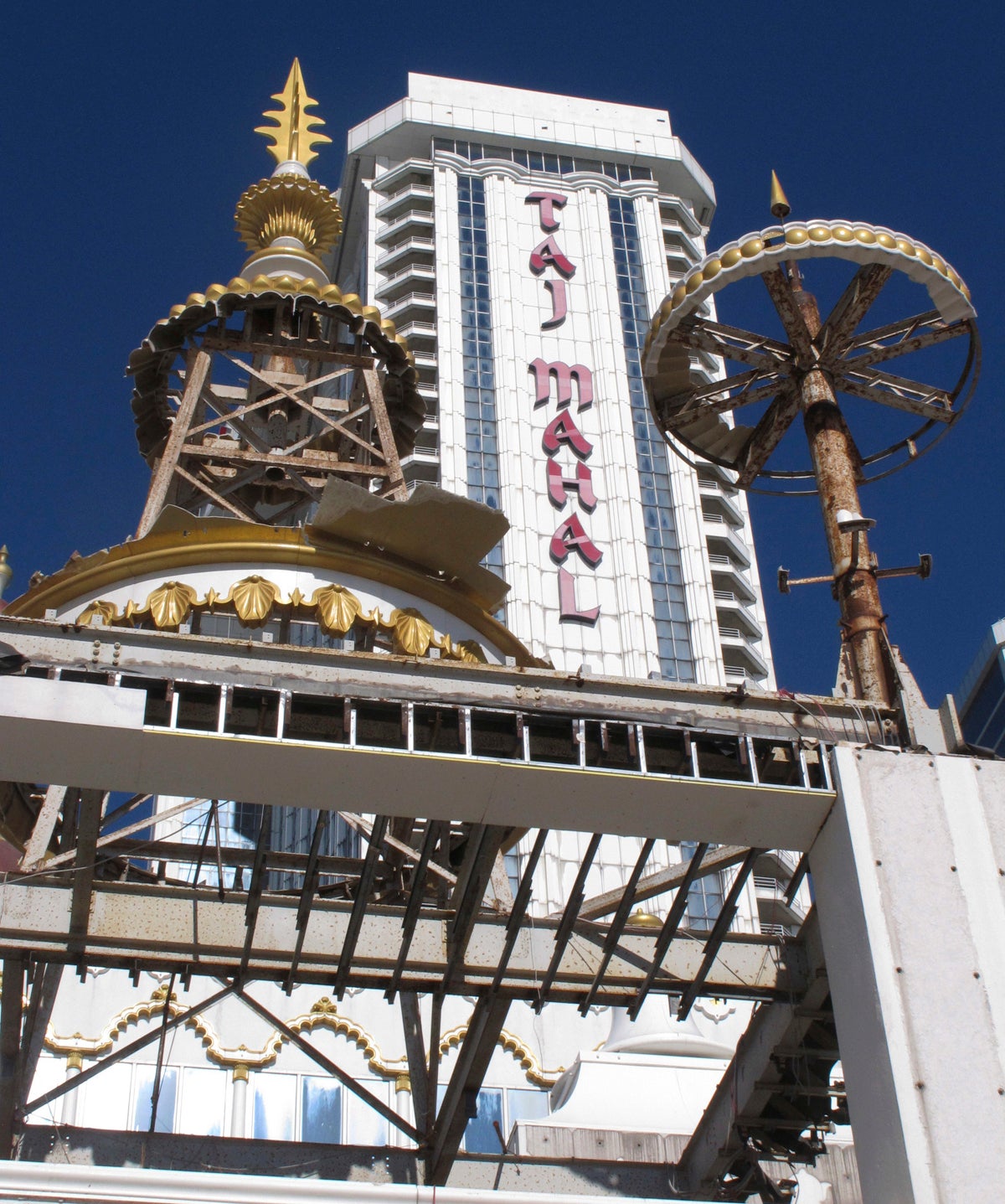Taj Trump Casino Atlantic City
The Trump Taj Mahal, the Atlantic City, N.J., casino that the real estate mogul built for $1.2 billion in 1990, went for 4 cents on the dollar when it was sold in March. Trump Plaza is the last of the three Trump casinos in Atlantic City. The other two are now operating under new names (the former Trump Marina is now the Golden Nugget, and the Trump Taj Mahal is. The Hard Rock Hotel & Casino Atlantic City (formerly Trump Taj Mahal) is a casino and hotel on the Boardwalk, owned by Hard Rock International, in Atlantic City, New Jersey, United States. Trump Taj Mahal, a casino in Atlantic City, New Jersey, admitted to several willful BSA violations, including violations of AML program requirements, reporting obligations, and recordkeeping requirements. Trump Taj Mahal has a long history of prior, repeated BSA violations cited by examiners dating back to 2003.
WASHINGTON, DC – The Financial Crimes Enforcement Network (FinCEN) today imposed a $10 million civil money penalty against Trump Taj Mahal Casino Resort (Trump Taj Mahal), for willful and repeated violations of the Bank Secrecy Act (BSA). In addition to the civil money penalty, the casino is required to conduct periodic external audits to examine its anti-money laundering (AML) BSA compliance program and provide those audit reports to FinCEN and the casino’s Board of Directors.
Trump Taj Mahal, a casino in Atlantic City, New Jersey, admitted to several willful BSA violations, including violations of AML program requirements, reporting obligations, and recordkeeping requirements. Trump Taj Mahal has a long history of prior, repeated BSA violations cited by examiners dating back to 2003. Additionally, in 1998, FinCEN assessed a $477,700 civil money penalty against Trump Taj Mahal for currency transaction reporting violations.
'Trump Taj Mahal received many warnings about its deficiencies,' said FinCEN Director Jennifer Shasky Calvery. 'Like all casinos in this country, Trump Taj Mahal has a duty to help protect our financial system from being exploited by criminals, terrorists, and other bad actors. Far from meeting these expectations, poor compliance practices, over many years, left the casino and our financial system unacceptably exposed.'
Trump Taj Mahal admitted that it failed to implement and maintain an effective AML program; failed to report suspicious transactions; failed to properly file required currency transaction reports; and failed to keep appropriate records as required by the BSA. Notably, Trump Taj Mahal had ample notice of these deficiencies as many of the violations from 2012 and 2010 were discovered in previous examinations.
Taj Trump Casino Atlantic City Arena

Trump Taj Mahal Casino Atlantic City Nj
Director Shasky Calvery expressed her appreciation to the Internal Revenue Service, Small Business/Self-Employed Division, which performed the examinations of Trump Taj Mahal, for their contributions to the investigation and for their strong partnership with FinCEN. She also thanked the Commercial Litigation Branch of the U.S. Department of Justice for their assistance with this enforcement action.
Trump Taj Mahal petitioned for bankruptcy in September 2014. That bankruptcy remains pending. The Bankruptcy Court approved of Trump Taj Mahal’s settlement on March 4, 2015.

FinCEN seeks to protect the U.S. financial system from being exploited by illicit actors. Its efforts are focused on compromised financial institutions; third-party money launderers; transnational organized crime; terrorist and other security threats; significant fraud; and threats to cyber security. FinCEN has a broad array of enforcement authorities to target both domestic and foreign actors affecting the U.S. financial system.
FinCEN's mission is to safeguard the financial system from illicit use and combat money laundering and promote national security through the collection, analysis, and dissemination of financial intelligence and strategic use of financial authorities.